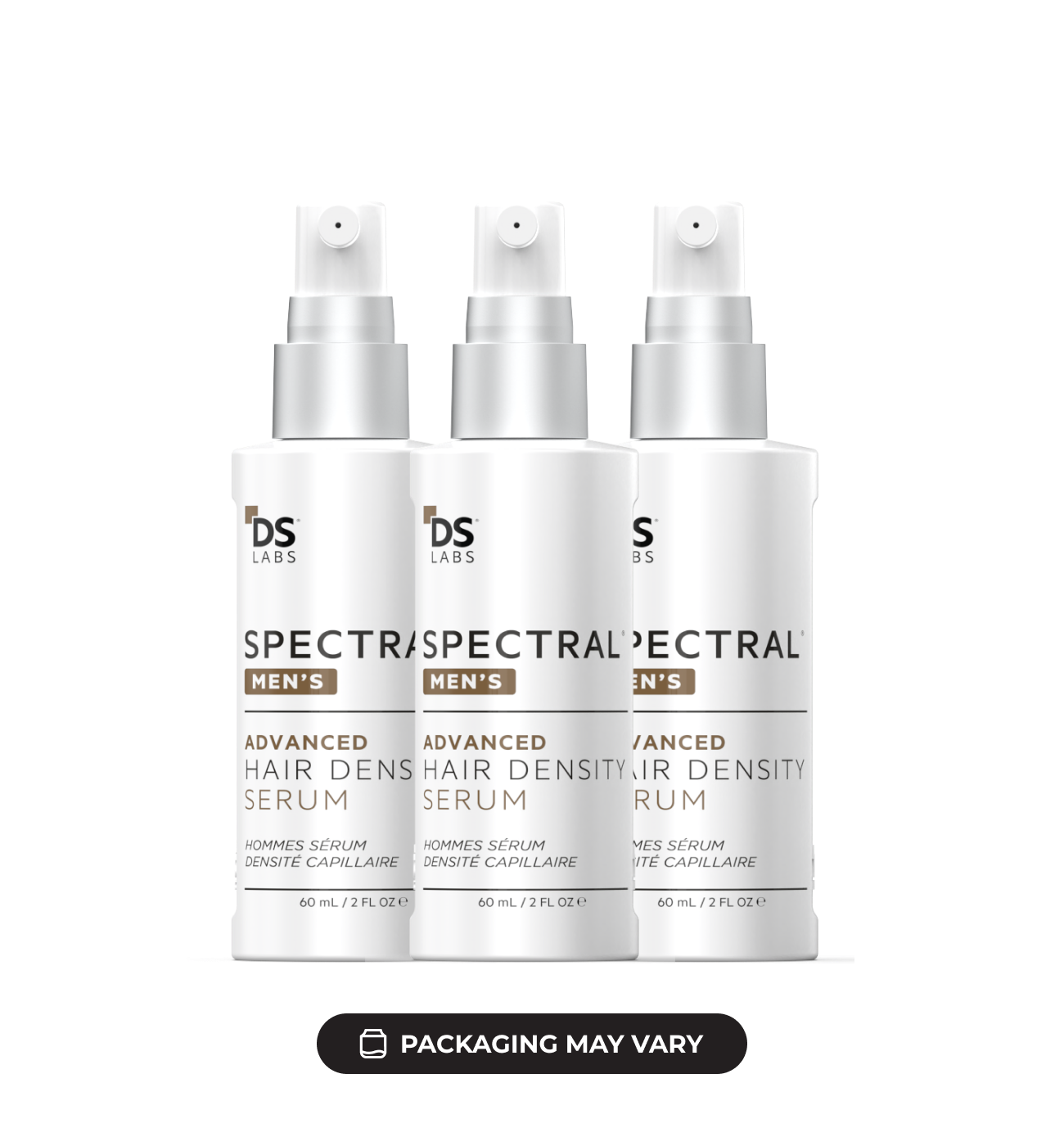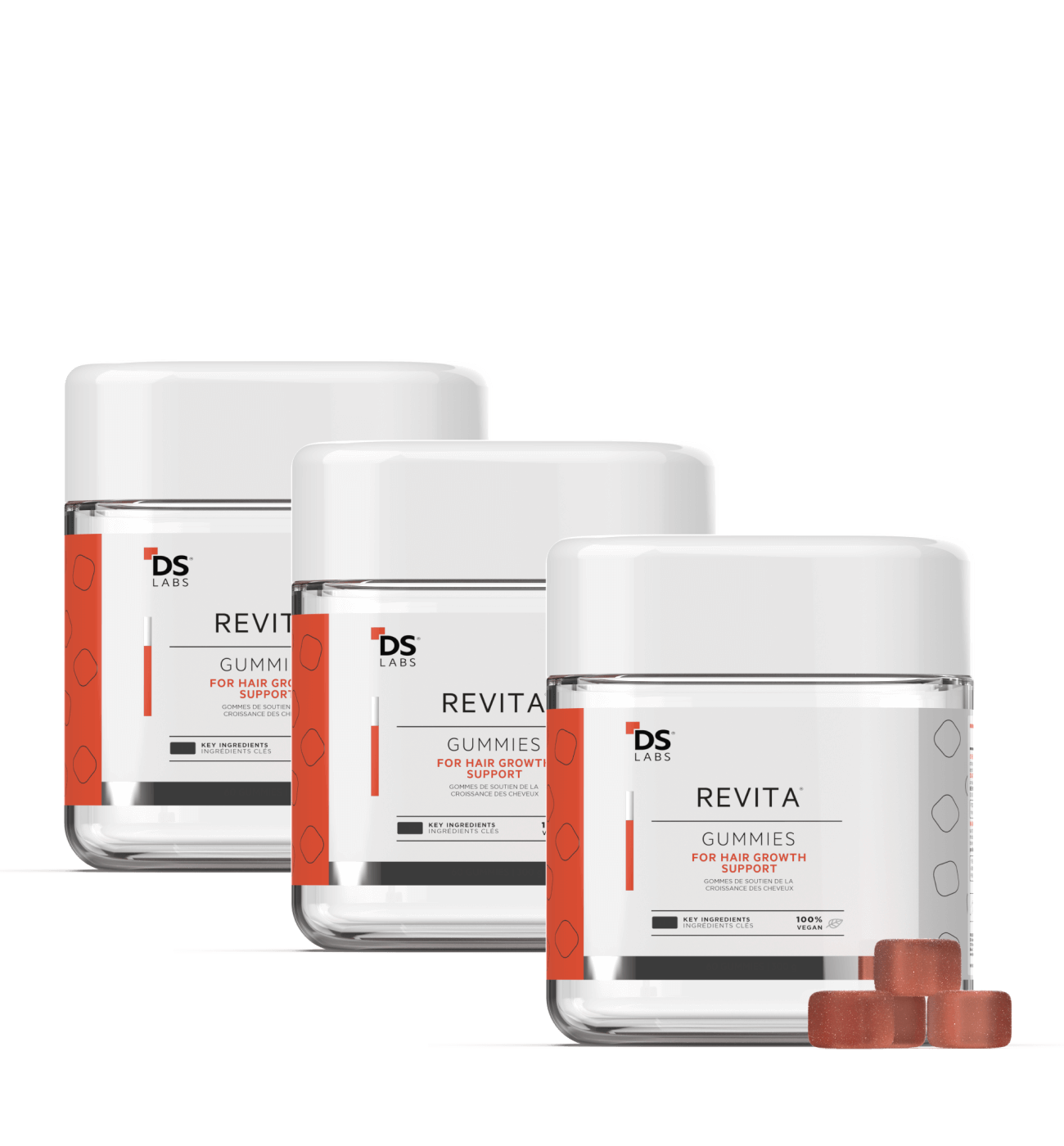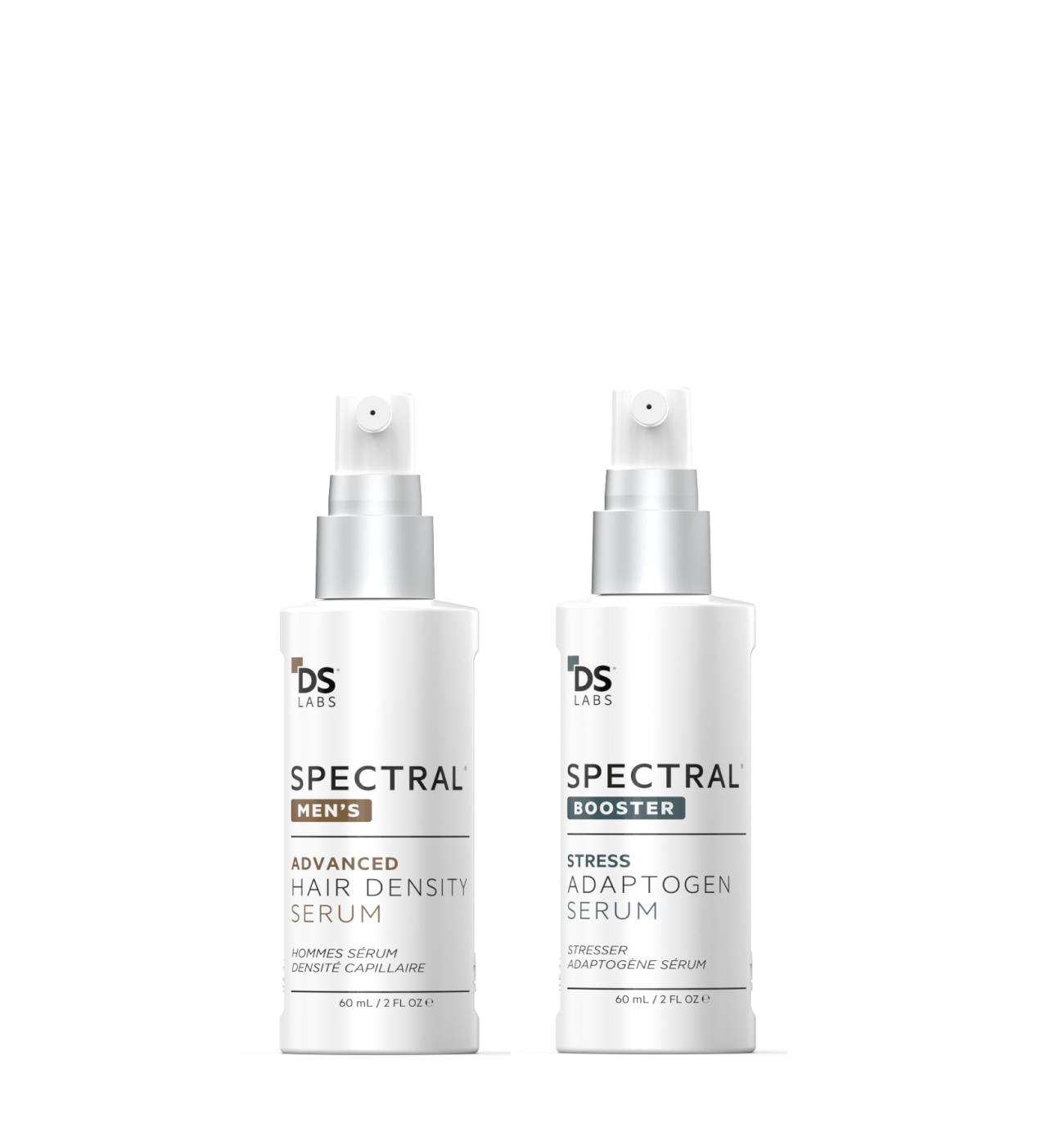Are you a fitness enthusiast? Does consuming energy drinks boost your energy for workouts and increase your gains?
You may have encountered the subject of energy drinks being responsible for hair loss.
Before you give up your favorite afternoon energizer in favor of a healthy head of hair, you should learn the truth behind these widespread anecdotes.
Well, you’re in the right place. In this guide, we break down all there is to know about the relationship between energy drinks and hair loss and what it means for you.
Let’s get started!
Do Energy Drinks Result in Hair Loss?
Not really.
According to the study in question, men who consume more than one sugar-sweetened drink per day have a 42% greater risk of experiencing hair loss, specifically male pattern hair loss (MPHL).
The study uses data from 1,951 Chinese men between 18 to 45 years of age, all of whom were given between 1 to 3 liters of sugary drinks each week.
This limited data suggests all types of sugar-sweetened beverages are to blame, not just energy drinks.
What About Sugar-Free Energy Drinks?
Most sugar-free drinks contain artificial sweeteners like aspartame, saccharin, and sucralose.
Now, you may think artificial sweeteners are better than sugar, but that’s not the case. Studies suggest artificial sweeteners can increase weight gain and glucose intolerance. It also increases the risk of other health issues.
So both sugar-sweetened and artificially sweetened beverages are best avoided for your well-being.
Not so fast. If you think reducing sugary or energy drink consumption can save you from hair loss or reduce the risk of thinning hair, you’ve jumped to the wrong conclusion. Sugar is not the sole culprit behind hair loss.
Far from it—there are plenty of other factors responsible too.
What Are the Causes of Hair Loss?
The most common causes of hair loss are aging and genetic predispositions.
Eventually, all humans experience some level of hair loss, thinning, and discoloration due to age. The speed of hair growth slows down significantly over the years, so patches of scalp begin to emerge.
Hereditary hair loss is passed down through the generations. If you have relatives who have experienced baldness, you likely will too.
Here are other factors that can increase your risk of hair loss or slow its growth:
1. Stress
Chronic stress is one of the most common culprits of hair loss in men and women of all ages. Thankfully, there are many ways to manage and reduce everyday stress.
2. Poor Diet
Consuming a high-fat diet, too much sugar or caffeine, and few fruits and vegetables can result in nutrient deficiency and an increased risk of hair loss. Crash diets can cause hair thinning as well.
The solution to this type of hair loss is easy—switch to a natural diet and cut back on processed foods.
3. Loss of Sleep
Poor quality sleep reduces melatonin production. Melatonin is a hormone our bodies produce in response to darkness. One of its many functions is reducing oxidative stress and stimulating hair follicles to encourage hair growth.
4. Underlying Medical Conditions
Medical conditions can cause hormone imbalances that lead to hair loss.
Thyroid disease, polycystic ovary syndrome (PCOS), and sexually transmitted diseases (STDs) are some examples.
5. Medications and Treatments
Some medications or treatments, such as chemotherapy, can lead to hair loss. But this doesn’t mean you should stop taking your medication.
If you’re noticing hair loss after starting a new medication, talk to your healthcare provider about the side effect and what you can do about it.
6. Nutritional Deficiencies
Deficiencies or excess amounts of biotin, protein, zinc, iron, and other vitamins and minerals, can also lead to hair loss.
Reversing hair loss due to nutrients is simple—all you need to do is balance your intake. Consult a professional to determine your ideal vitamin and mineral levels.
7. Poison
Ingesting poisons like mercury, arsenic, thallium, or lithium can also lead to hair loss. A common chemical you may encounter is mercury, which can accumulate in high levels in certain types of fish.
8. Hair Care and Lifestyle
Certain hair care products, accessories, hairstyles, or treatments can lead to permanent damage and hair loss.
Tight ponytails and harsh styles that pull on your scalp for long periods can lead to hair thinning. Coloring, perming, and heat styling can also do a lot of damage.
Consider switching to reliable hair care products such as Revita Hair Density Shampoo and Revita CBD Hair Stimulating Conditioner.
Takeaway
While drinking an energy drink once in a while might not cause hair loss, the amount of sugar in them may increase the risk of damage. It’s best to remove them from your diet for your general well-being.
Hair loss is a stressful occurrence for any person. And while reversing it can be challenging, we hope this guide will help you prevent it from worsening.
If you’re already suffering from hair loss troubles, consider using a specialized hair regrowth treatment.















